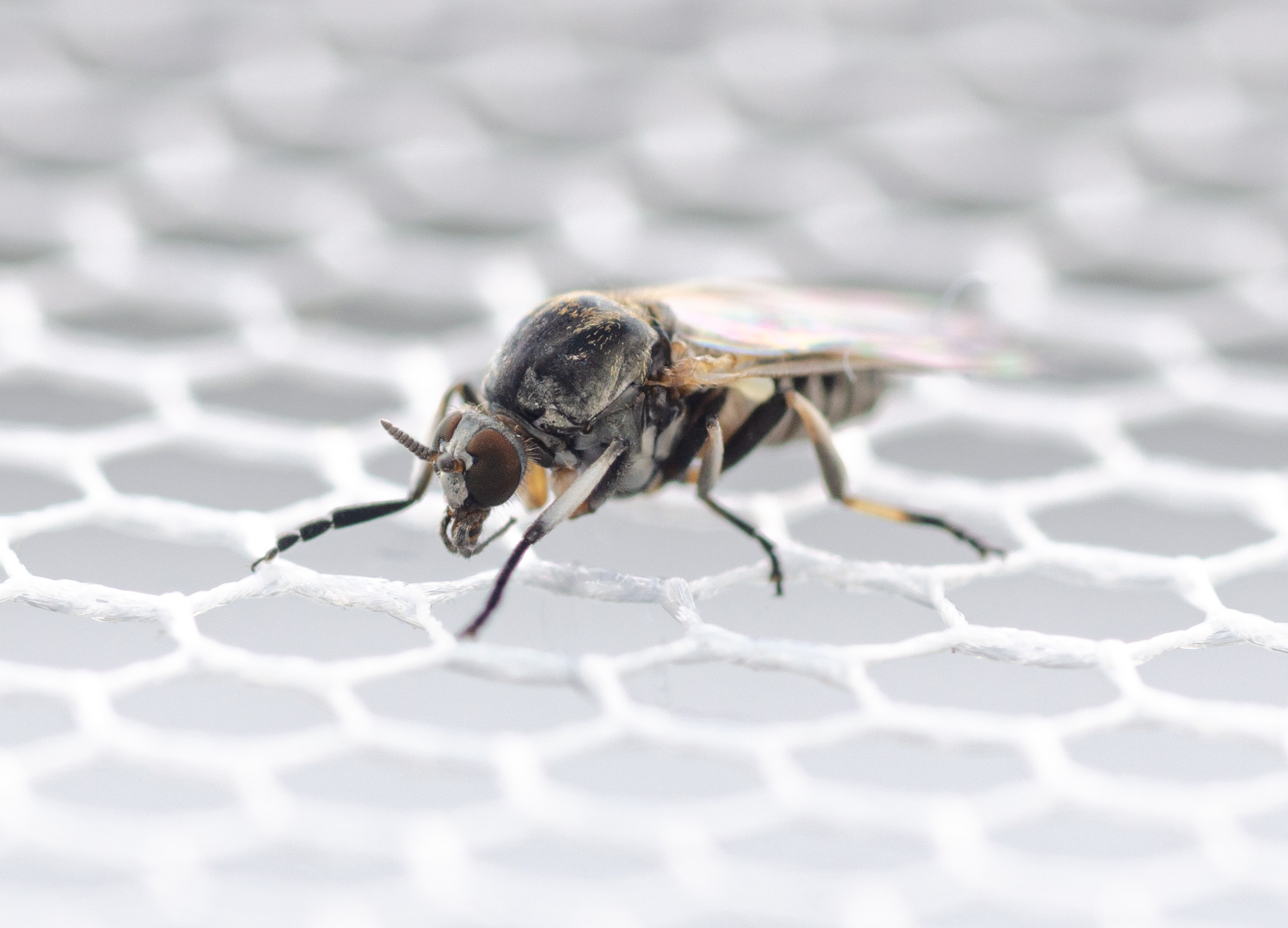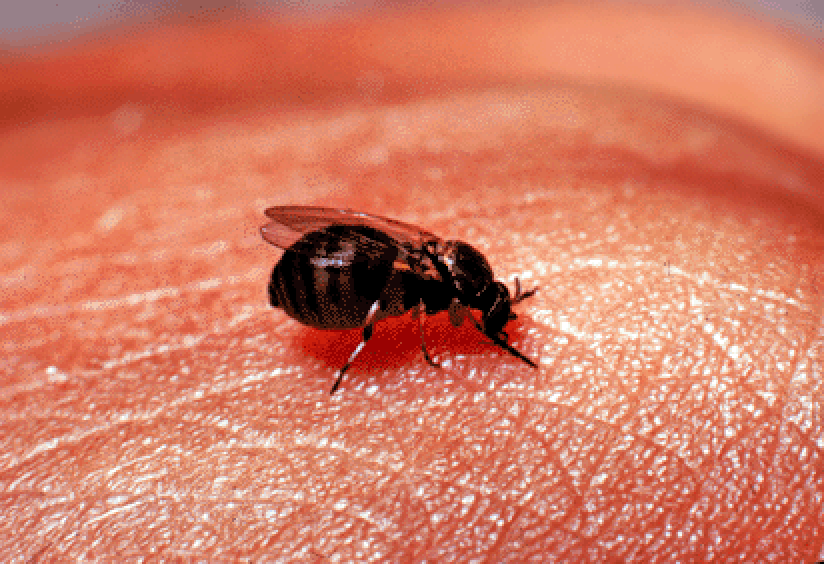Worrying spread of the blood-sucking "black fly" in Germany
Follow us on Google News (click on ☆)
Black flies, although small at about a quarter inch (6 mm), are far from harmless. Similar to mosquitoes, the females require a blood meal for egg laying.

Simulium ornatum, a species of black fly of veterinary and human medical interest.
Credit: Dorian Dörge
Using sharp "teeth" to scratch their hosts' skin, they cause painful bites, which can lead to severe allergic reactions or secondary bacterial infections. These insects are also capable of transmitting infectious diseases, the most well-known being onchocerciasis, or river blindness, caused by the nematode Onchocerca volvulus, mainly affecting Africa.
The research, led by Sarah Cunze from Goethe University, categorizes the 12 most common species in Germany into three biogeographical groups: mountainous species, those with a wide distribution, and lowland species.
This categorization is crucial for understanding how each group might react to current environmental changes. The mountainous species, for example, are considered vulnerable to temperature increases and chemical pollution of waterways.

Image Wikimedia
Climate change seems to favor certain species of black flies, especially those adapted to or resistant to anthropogenic changes.
These species might experience an expansion, thus influencing the frequency and severity of the diseases they can transmit. Indeed, the projected temperature increases could shorten the black flies' development cycles, thereby increasing their reproduction frequency and, potentially, their prevalence.
The researchers plan to continue their work through empirical research and laboratory tests to better understand the vector competence (the ability to transmit a pathogen) of black flies under the current climatic conditions in Europe. This information could be crucial for developing more effective monitoring and prevention programs against these disease vectors.